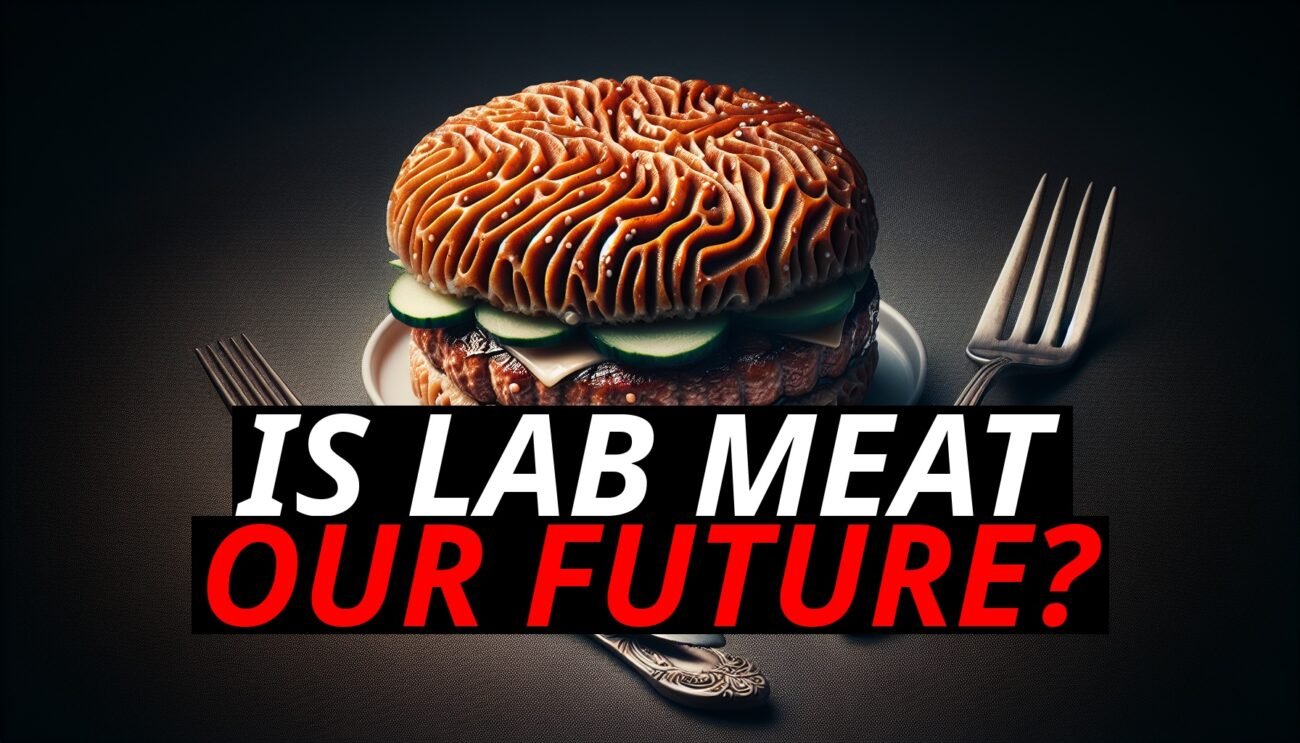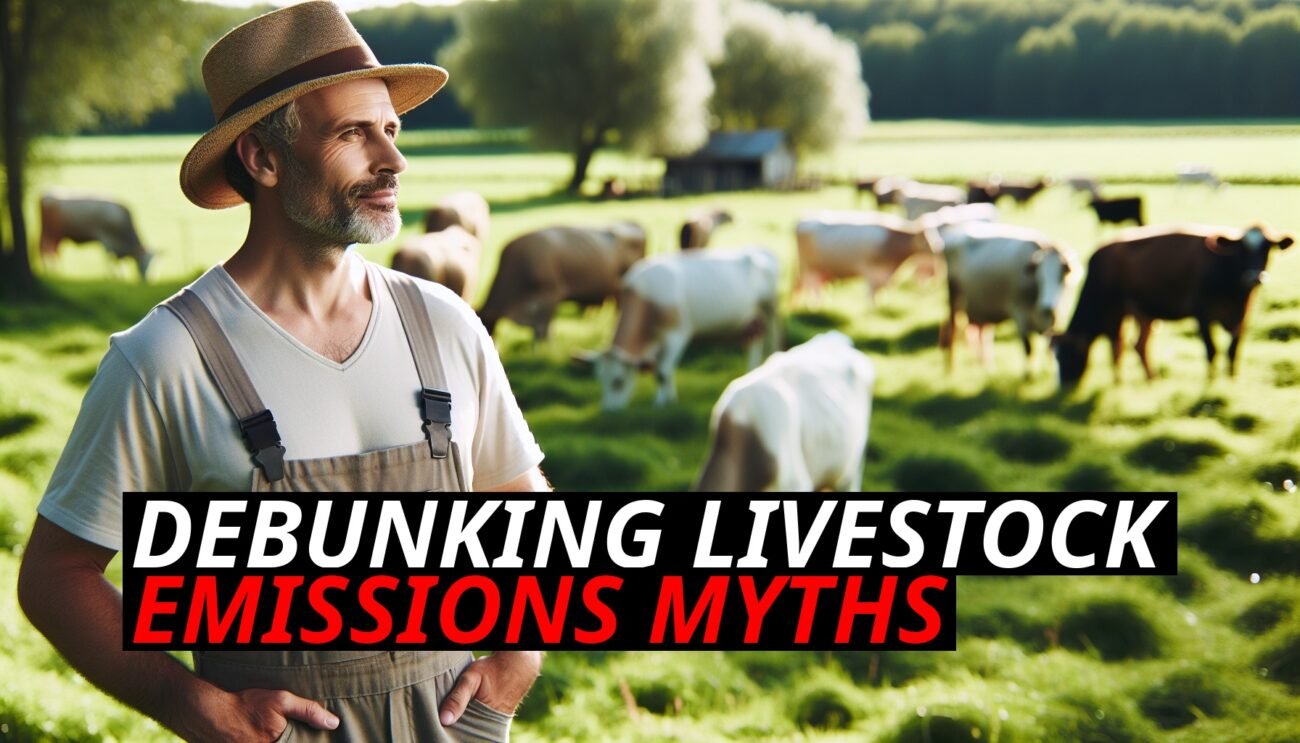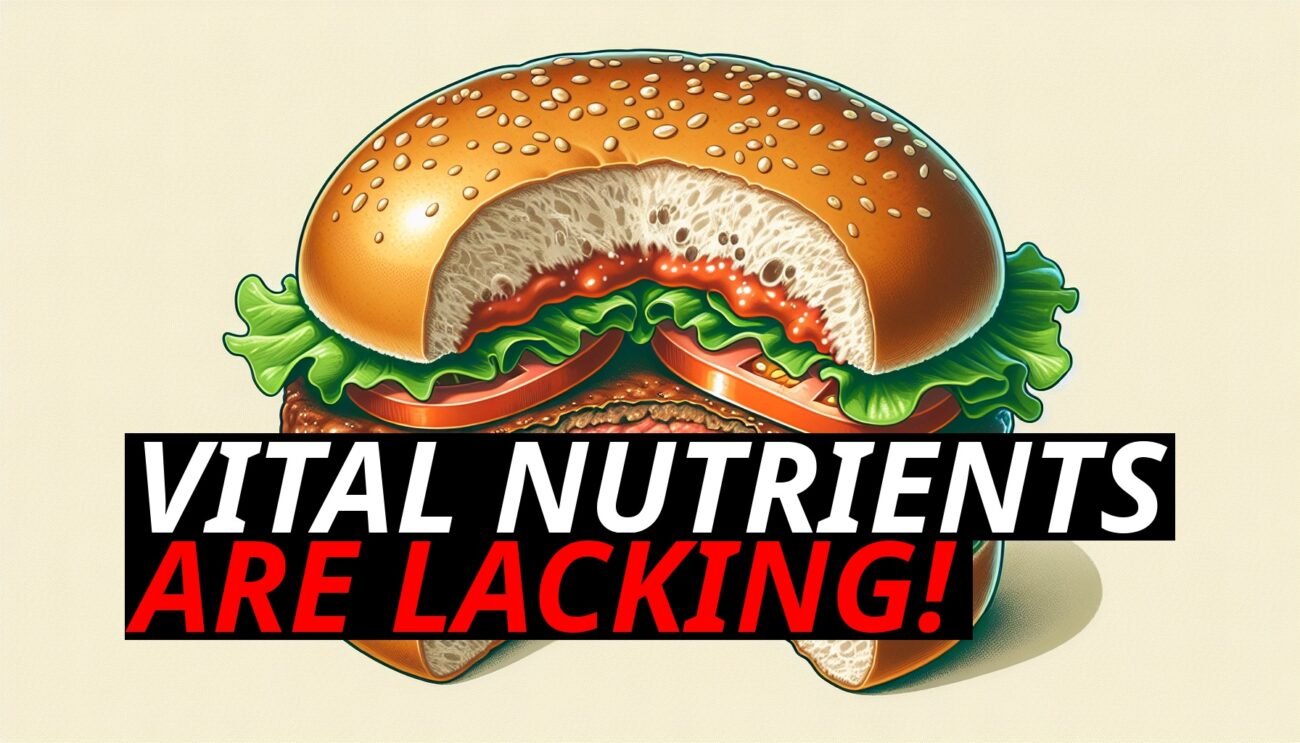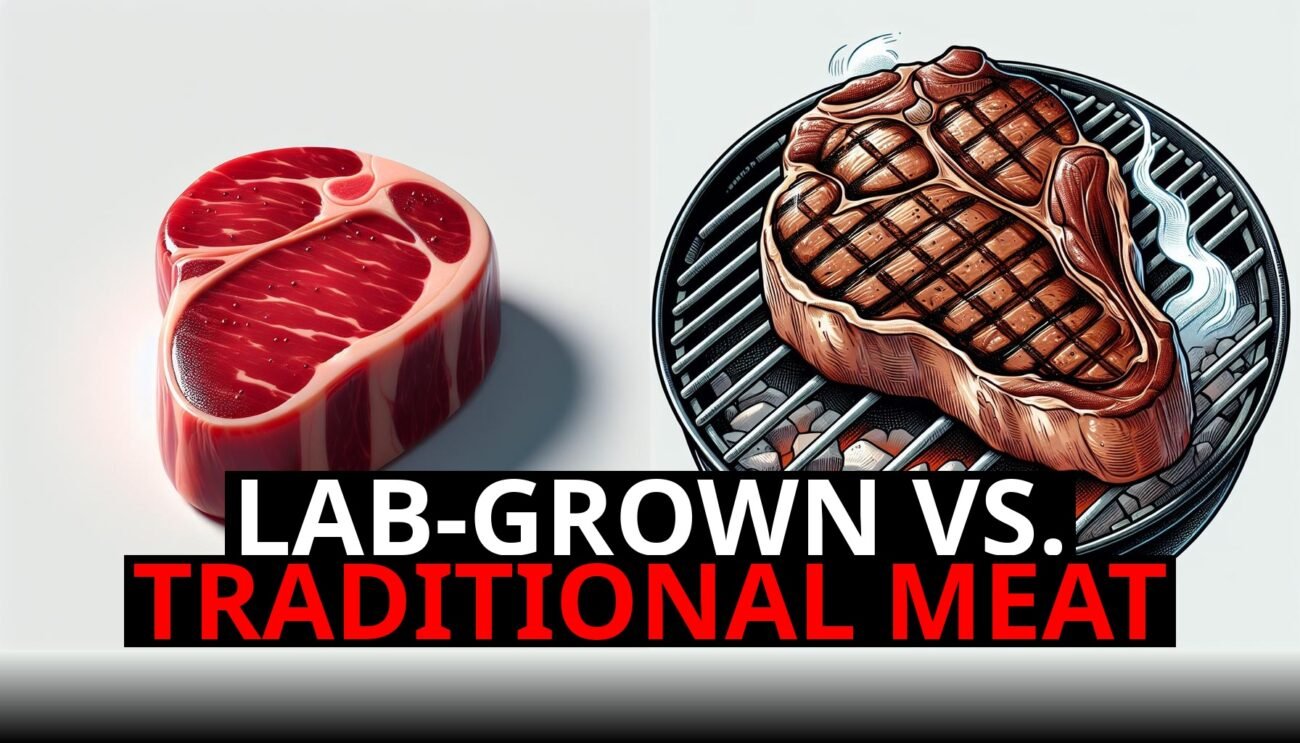In the world of health and nutrition, two diets stand at opposite extremes: the carnivore diet, which focuses solely on animal products, and veganism, which eliminates them entirely. For years, veganism was the diet making headlines, championed as the future of healthy, ethical eating. But lately, the rise of the carnivore movement has caught the world by surprise, while veganism seems to be losing some of its momentum. What’s causing this shift, and why is one diet gaining popularity while the other struggles to keep up?
The Rise Of Carnivore: Simplicity And Results
At first glance, the carnivore diet seems radical. How can a diet made up entirely of animal products—beef, eggs, fish, and nothing else—be healthy? Yet, the carnivore movement has gained traction, and its appeal lies in its simplicity and the results people are experiencing. Many who turn to carnivore are seeking relief from chronic health issues, such as autoimmune conditions, digestive problems, and mental health disorders, that weren’t addressed by other diets.
The carnivore diet’s appeal is that it eliminates all plant foods, including those that contain anti-nutrients like lectins and oxalates, which can irritate the gut or interfere with nutrient absorption. By stripping down their diet to the essentials—high-quality animal products—carnivore followers claim they are healing their bodies in ways they never thought possible.
Additionally, carnivore is incredibly simple. Unlike other diets that require careful planning, shopping for specialty ingredients, or counting macros, carnivore offers a straightforward approach: eat meat, drink water. For people exhausted by conflicting dietary advice, this simplicity is refreshing.
The Decline Of Veganism: Health Struggles And Nutrient Deficiencies
While veganism once seemed like the ultimate ethical and healthy choice, it has begun to lose its foothold in the mainstream for a variety of reasons. One of the biggest challenges facing veganism is the growing number of people reporting health issues after long-term adherence to the diet.
Nutrient deficiencies are a common concern among vegans, particularly in essential vitamins and minerals like vitamin B12, iron, zinc, and omega-3 fatty acids. While these nutrients can be found in plant-based sources or supplements, the bioavailability—or how easily the body can absorb them—is often lower than in animal products. This can lead to long-term deficiencies that impact everything from energy levels to cognitive function.
Many ex-vegans have reported feeling exhausted, dealing with brain fog, or experiencing digestive issues despite their best efforts to eat a balanced vegan diet. For some, these health struggles have pushed them toward more animal-based diets, with many choosing carnivore as a way to recover.
The Psychology Of Diet: Why People Are Turning To Carnivore
Part of the carnivore diet’s rise can be attributed to its psychological appeal. In a world full of complicated health advice and endless lists of “do’s and don’ts,” carnivore offers a sense of freedom from decision fatigue. There’s no need to worry about whether certain foods fit into your macros, if you’re getting the right balance of fats and carbs, or whether your chosen plant-based alternatives contain hidden additives.
For many, switching to carnivore feels like hitting a reset button. The results—improved energy, mental clarity, and physical well-being—are immediate and noticeable. This instant feedback loop creates a sense of success and satisfaction that keeps people committed to the diet.
Additionally, carnivore appeals to those who feel betrayed by previous diets, especially those that promoted low-fat, plant-based, or whole grain eating. After years of following the “standard” advice and still feeling unwell, carnivore offers a chance to break free from the confusion and experiment with something radically different.
Veganism’S Plateau: Losing Its Edge In A Crowded Market
While veganism continues to have a dedicated following, its growth seems to be plateauing. One reason for this is that veganism has become mainstream—almost too mainstream. Once a countercultural movement, it is now part of the health and wellness industry, with plant-based products and meat alternatives available in every grocery store.
Ironically, this mass commercialization of veganism has diluted its original message. Many of the highly processed vegan products now on the market, such as fake meats and dairy alternatives, are filled with additives, preservatives, and other ingredients that contradict the whole-food, plant-based ethos many vegans promote. For health-conscious consumers, these ultra-processed options raise red flags, leading some to question whether veganism is really the healthiest choice.
At the same time, the ethical argument for veganism, which centers around animal welfare and environmental sustainability, is facing more nuanced scrutiny. As more information emerges about the environmental impact of monocropping and the pesticides used to grow plant-based foods, the sustainability of veganism is being called into question. Additionally, the rise of regenerative agriculture, which uses livestock to restore ecosystems and sequester carbon, has shown that meat production can be part of the solution to environmental challenges—not just the problem.
Carnivore’S Appeal To Ex-Vegans: A Health-First Approach
Interestingly, a significant number of those embracing the carnivore diet are ex-vegans. These individuals often turned to veganism for health reasons but found that it left them with more nutrient deficiencies and health problems than they expected. After years of struggling to meet their nutritional needs through supplements and plant-based alternatives, many ex-vegans find relief in the nutrient-dense, bioavailable foods that the carnivore diet offers.
For ex-vegans, the shift to carnivore isn’t just about trying something new—it’s about healing. Many report that after switching to an all-animal diet, they finally feel energized, clear-headed, and pain-free for the first time in years. This focus on personal health over ideology is a driving force behind carnivore’s growing popularity.
The Future Of These Diets: Where Do We Go From Here?
As the carnivore movement continues to grow, it’s clear that people are increasingly drawn to diets that prioritize nutrient density, simplicity, and results. For many, carnivore provides an effective solution to chronic health problems that other diets—including veganism—failed to address.
Meanwhile, veganism, while still popular in certain circles, is facing challenges in maintaining its momentum. The rise of ex-vegans, the ethical complexities of industrial agriculture, and the abundance of ultra-processed vegan products have left some questioning whether the movement has strayed from its original values.
In the end, the rise of carnivore and the stagnation of veganism reflect a larger shift in how people are approaching their diets: rather than following the trends, more individuals are seeking out what works best for their bodies, even if that means challenging long-held beliefs about what’s healthy or ethical.
Conclusion: A Changing Dietary Landscape
The tale of two diets—carnivore and veganism—is more than just a clash of extremes; it’s a reflection of changing attitudes toward food, health, and sustainability. While veganism may still have its place, the rise of the carnivore diet signals a growing interest in returning to simple, nutrient-rich, animal-based foods that are easy to digest and deliver results.
As more people turn to carnivore for health recovery and long-term wellness, the future of nutrition might look less like a strict divide between plants and animals and more like an open conversation about what works best for the individual. In this evolving dietary landscape, one thing is clear: personal health and nutrient density are leading the charge in how we approach food today.













